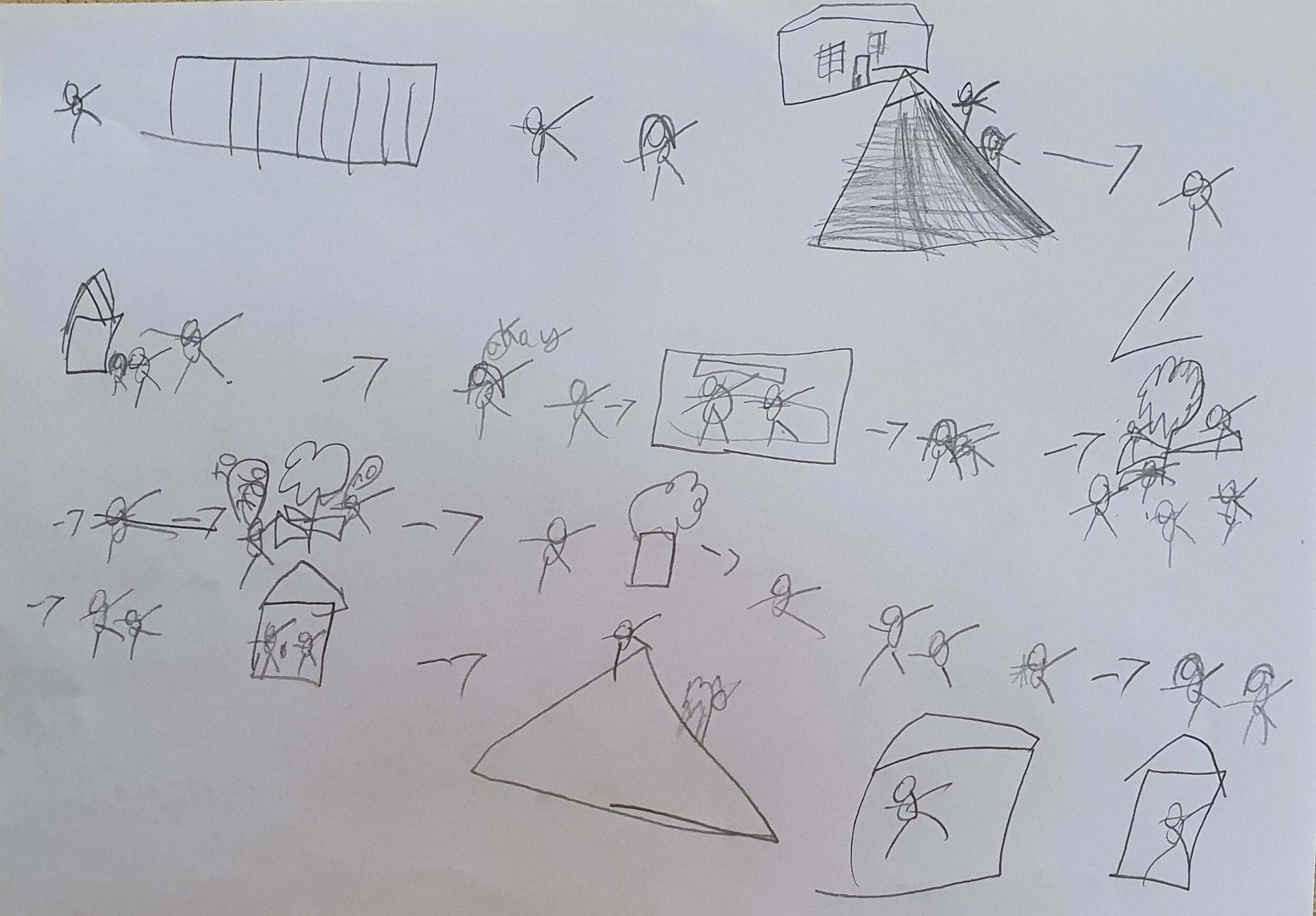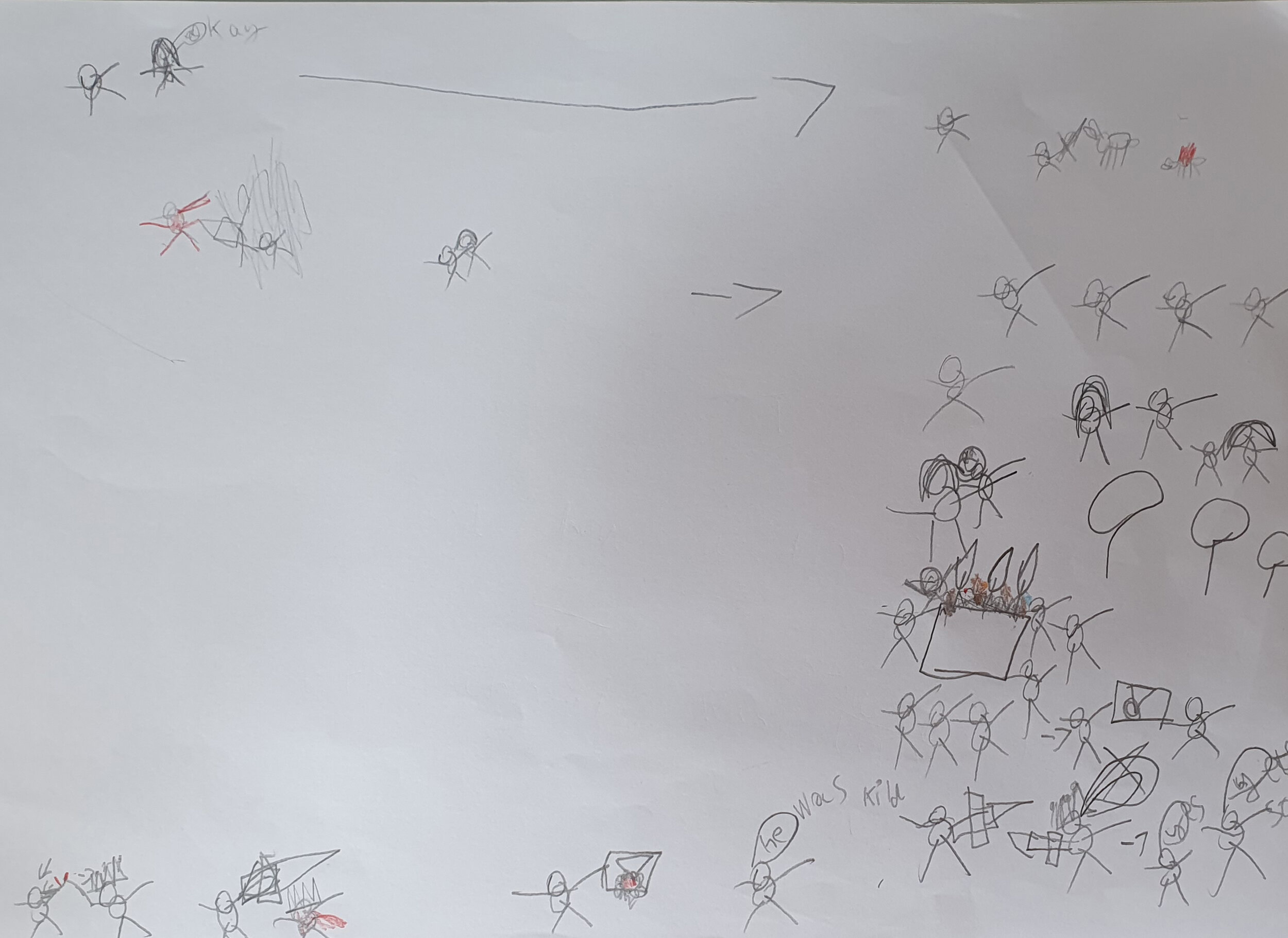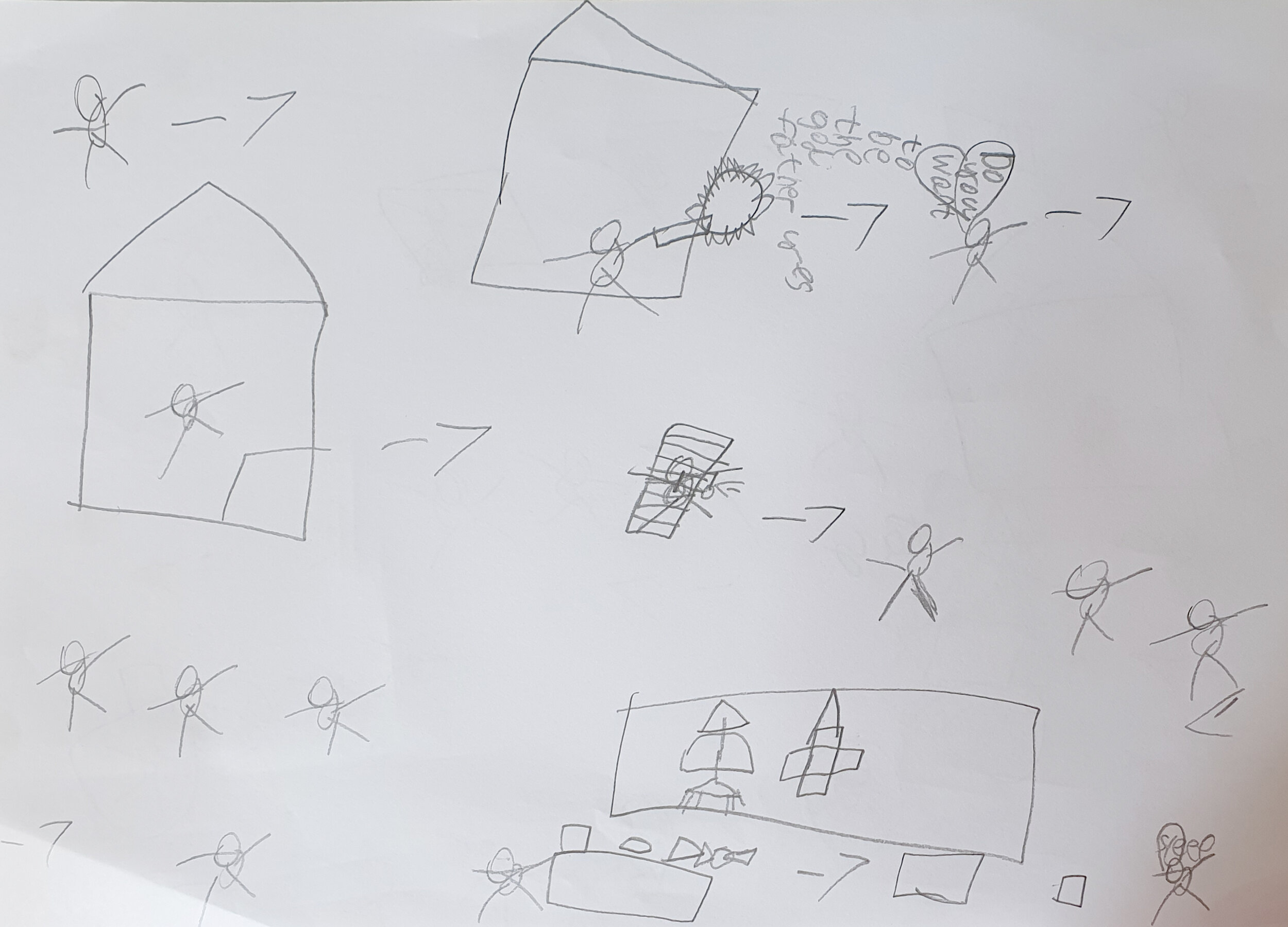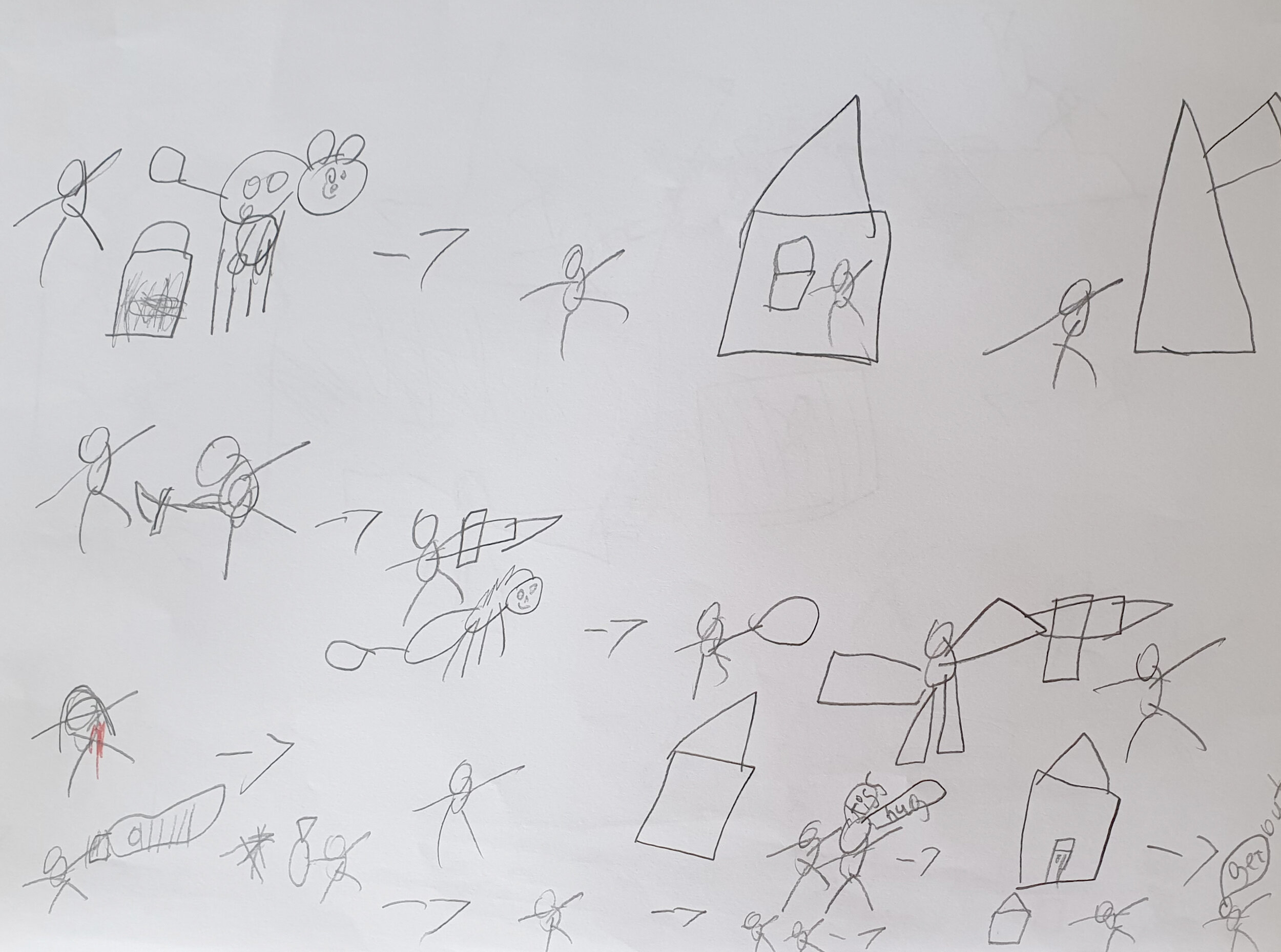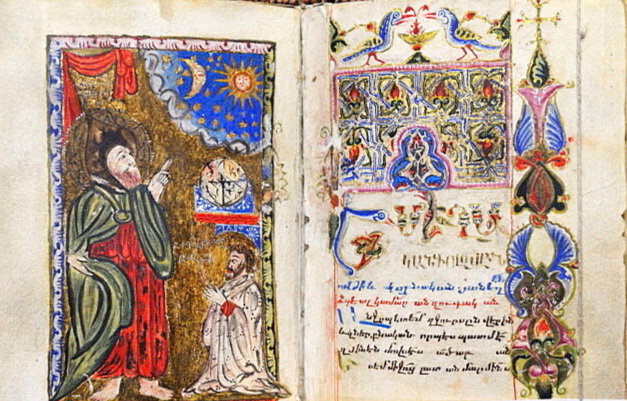Two Armenian women poets, Sahakdukht of Siunik (Սահանդուխտ Սյունեցի) and Khosrovidukht of Goghtn (Խոսրովիդուխտ Գողթնացի), flourished in the eighth century. No doubt there would have been other women poets before and after them, but their works have not survived. As her name implies, Khosrovidukht was the daughter of Prince Khosrov of Goghtn (now in the territory of Nakhchivan Autonomous Republic) and sister of Vahan of Goghtn. She wrote this poem in memory of her brother after his martyrdom in 738.
The translation is by Diana Der Hovanessian and Marzbed Margossian (Anthology of Armenian Poetry, New York: Columbia University Press, 1978)
More Astonishing
More astonishing to me
than the lyrics made for you,
more amazing than the music composed
for your death,
is the sound of the sobbing mourning
you, Lord Vahan, chosen of God.
Let me be inspired in that clear part
of my soul, to compose songs for you too,
but not songs that mourn;
but joyous, exhorting praises for your work,
blessing you, servant of Christ.
Although you found your labor,
and your ascetic self-denial
which is so terrifying to my body's nature,
more rewarding than praises,
let me praise, oh blessed Vahan, lover of Christ.
Let those outsiders
who built upon vanity
go down in defeat.
Let your soul rest in divine light,
oh blessed Vahan, chosen of the free.
Brave martyr, it was while performing
unselfishly against the nations of the south
that you were fixed forever
as an immortal and blessed ruler of Goghtn.
Զարմանալի է ինձ
Առաւել յորդորէ այս զհոգւոյս մասունըս,
Յօրինել քեզ երգս ո՛չ զղջականըս,
Այլ հոգևորըս, և ուրախարարըս,
Յորդորականըս, և ներբողեանըս,
Ո՜վ երանելի տէր Վահան, ծառայ Քրիստոսի։
Զարհուրեցուցանէ զքոյ ճգնութիւնդ
Զմարմնոյս բնութիւնըս.
Իսկ դու առաւել գտար.
Ո՜վ երանելի տէր Վահան, սիրող Քրիստոսի։
Արտաքնոցըն ըզգաստքըն
Ստեղծիչ բանք սնոտեացն ի պատրութիւն.
Իսկ քոյդ սիրայնոյ՝ աստուածարեալ և ոգեշահ․
Ո՜վ երանելի տէր Վահան, ընտրեալ յազատաց։
Որպէս քաջ նահատակ,
Պատրաստեալ ի պատերազմ,
Կատարեցեր զընթացըս քոյ,
Արիաբար՝ յազգացն հարաւայնոյ,
Դասաւորեալ ընդ անմարմնականսն.
Ո՜վ երանելի տէր Վահան, Գողթնեացն իշխեցող։
“More Astonishing” - “Sharakan” choir, voals - Armenuhi Seyranyan | "Զարմանալի է ինձ" - "Շարական" անսամբլ, Մենակատար՝ Արմենուհի Սեյրանյան:
By Gagik Stepan-Sarkissian













